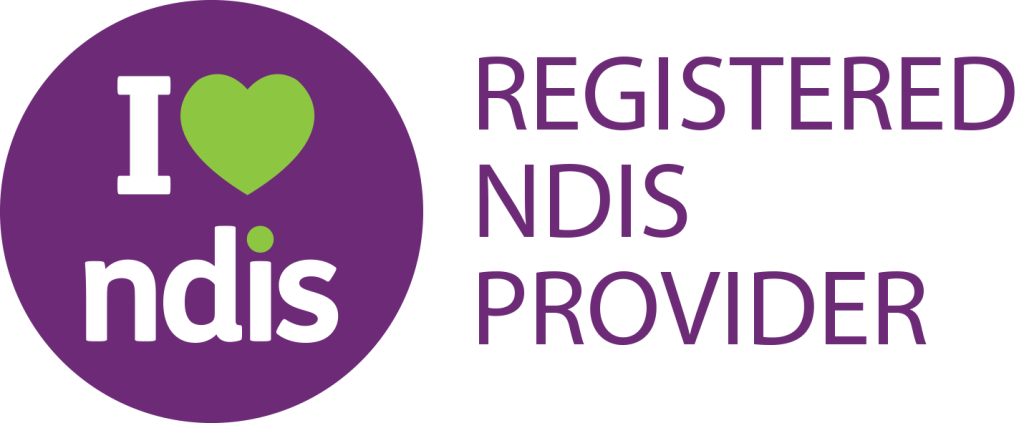


We need to determine if you are eligible for the NDIS. You can do this by looking at the NDIS Access checklist online or calling the NDIA on 1800 800 110. There are a number of factors which determine whether you are eligible for support under the NDIS You may be eligible to receive an individual support plan if you;
• are under 65 years of age
• are an Australia citizen, a permanent resident, or New Zealand citizen who is a Protected
Special Category Visa holder
• have a permanent and/or significant disability that impacts your everyday living and you
require assistance from others to do things
• use equipment or assistive technology
For further information on eligibility, please visit the NDIS access
checklist https://www.ndis.gov.au/applying-access-ndis/am-i-eligible
If you are not currently receiving disability services you may still be eligible for the NDIS. You will need to contact the NDIS directly to complete an access request form. You do not need a referral.
Visit www.ndis.gov.au or call 1800 800 110. Find Out If You’re Eligible Send us a quick message and let one of our friendly customer care specialists help you with all your needs.
Send us a quick message and let one of our friendly customer care specialists help you with all your needs.
Are you looking for a provider that will understand your personal situation, your specific needs and support you in creating a personalised plan? Speak to 5M, our specialised NDIS Support Coordinators can help make the NDIS a smooth process for you. Call us on (02) 9236 7467
Speak to 5M, our specialised NDIS Support Coordinators can help make the NDIS a smooth process for you.

If you’re new to the NDIS, perhaps you’ve started exploring your options but you may have been confronted by acronyms, processes and jargon that you don’t understand.
The NDIS is a new way for people living with disability under the age of 65 to receive the specialised care and support for their health and wellbeing. The scheme is overseen by the National Disability Insurance Agency (NDIA) and allows individuals with a permanent and significant disability to access government funding. Now you can choose when and where to use your funding.
Perhaps the myriad of terms and wording that goes along with the NDIS is getting a bit daunting or technical. Doing your research and understanding the terminology will help you take full advantage of all that the NDIS can provide you or your loved one. We have put together a list of some of the more commonly used terms and their explanations to help get you started.
NDIS
NDIS stands for the National Disability Insurance Scheme and is a new approach to service delivery and funding for people with a disability. The NDIS puts people with disability at the centre of the system for the first time – allowing them to determine their own future and receive funding that matches their needs and aspirations.
Supports the NDIS pay for a participant’s plan. These supports must be reasonable and necessary.
The support participants get from the people around them, for example, family, friends, and neighbors.
A disability support provider that has met the NDIS requirements for qualifications, approvals, experience, capacity, and quality standards to provide a product or service.
Things to help a person undertake daily life activities and enable them to participate in the community and reach their goals.
The dates when the NDIS will be available to all eligible residents:
• ACT – July 2016
• New South Wales – July 2018
• South Australia – July 2018
• Tasmania – July 2019
• Victoria – July 2019
• Queensland – July 2019
• Northern Territory – July 2019
Once you have received confirmation that you qualify for the NDIS, your planner is the first person you should speak to on your NDIS journey. Your planner is there to help you access the system, so give them as much information as possible about your situation and your goals.
Anything related to your disability is a reasonable and necessary support under the NDIS. This can include not just the basics like mobility equipment and therapeutic support, but also support with transport, doing daily tasks, home modification, education, social participation, and more. If you’re not sure what is “necessary and reasonable”, ask your planner. The general rule is that it must be related to your disability, and it can’t replicate things that your family or community already assists you with.
Address: 9 Farm Cove Street, Gregory Hills NSW 2557
Copyright © 2024 5M Community Services- All Rights Reserved